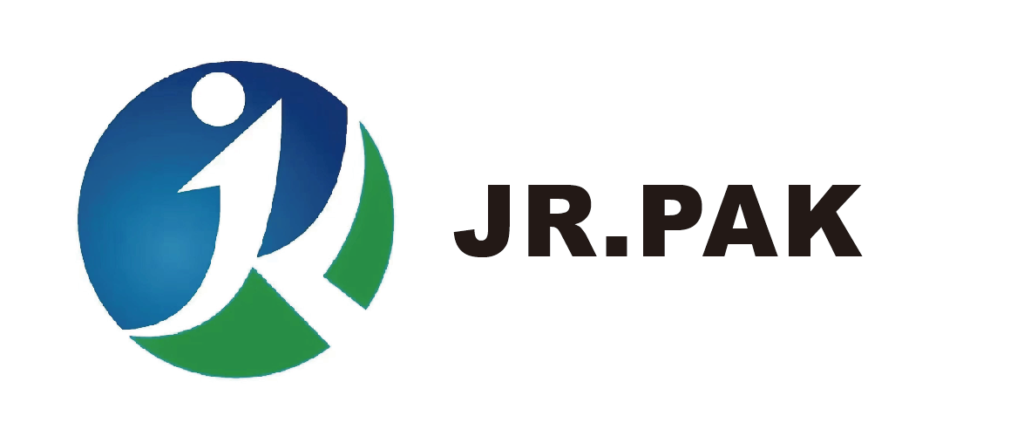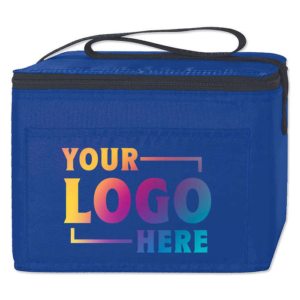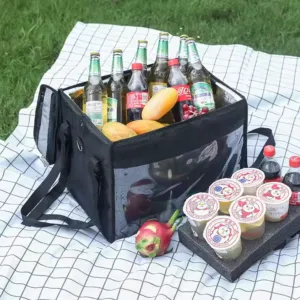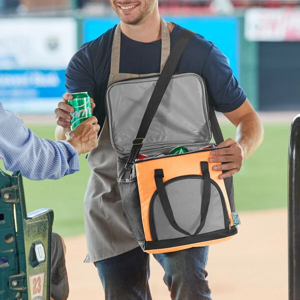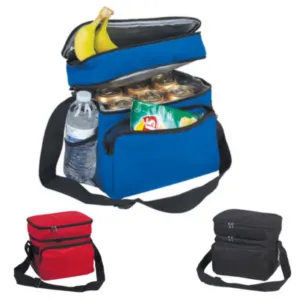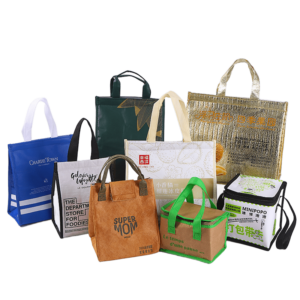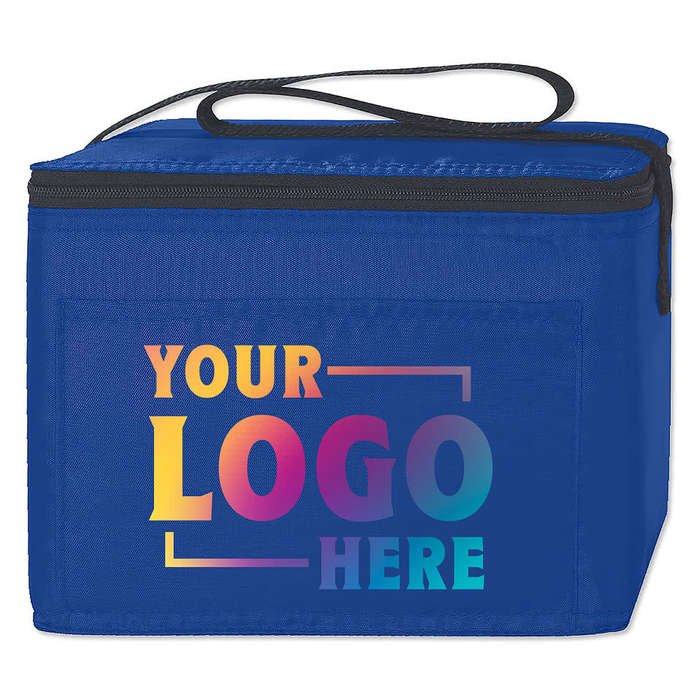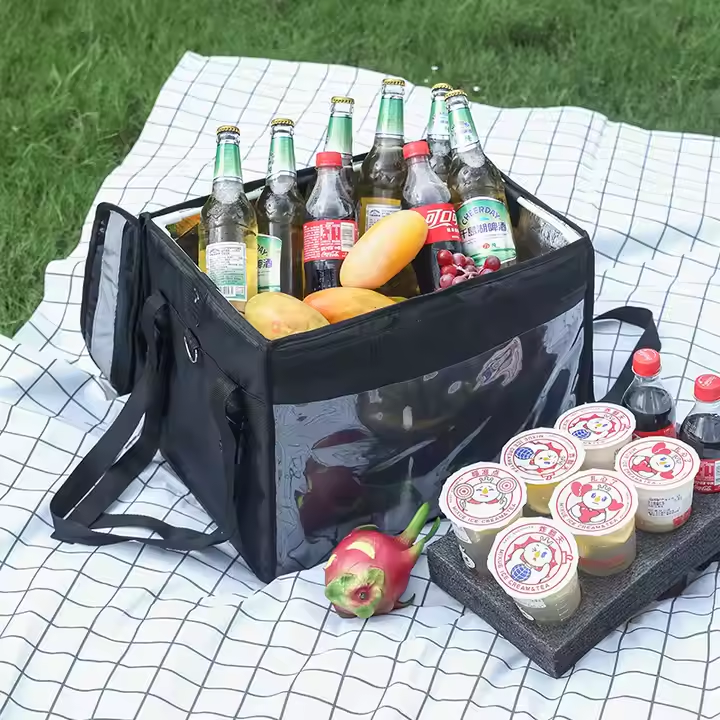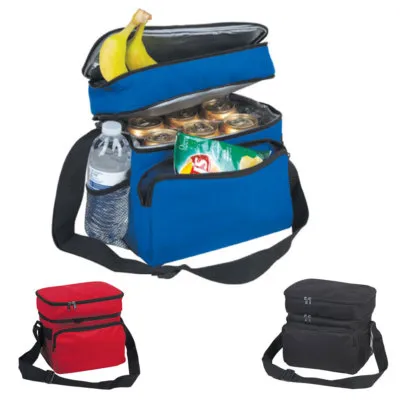Ensuring Excellence in Cooler Bag Manufacturing: Why Certifications Matter
Discover the essential certifications that guarantee quality, safety, sustainability, and ethical manufacturing in cooler bag production.
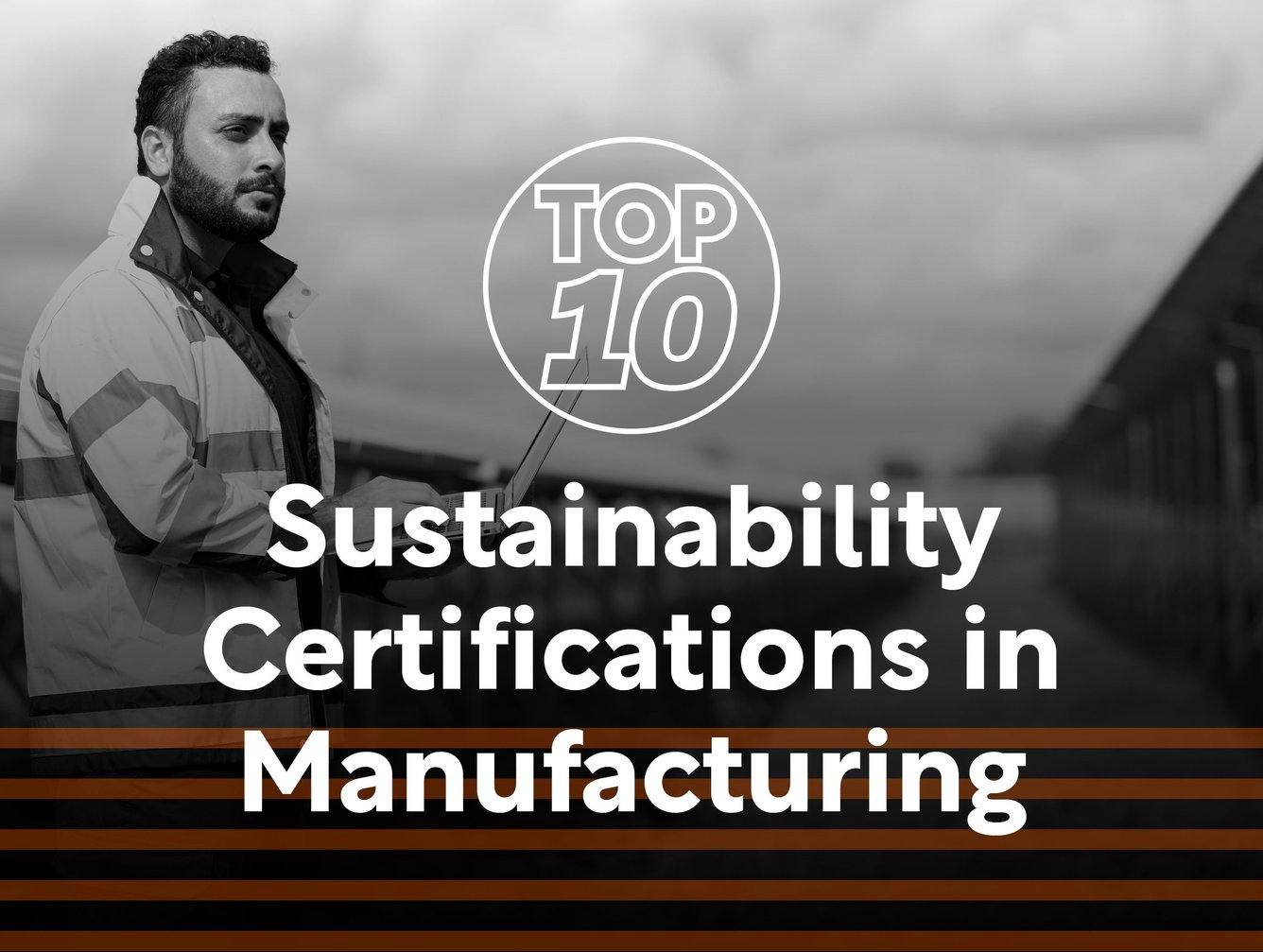
These ten certifications ensure cooler bag factories meet global standards in quality management, ethical labor, food safety, sustainability, and product performance.
Explore each certification below to understand its benefits and importance for buyers and brands.
1. ISO 90011 – Quality Management Systems
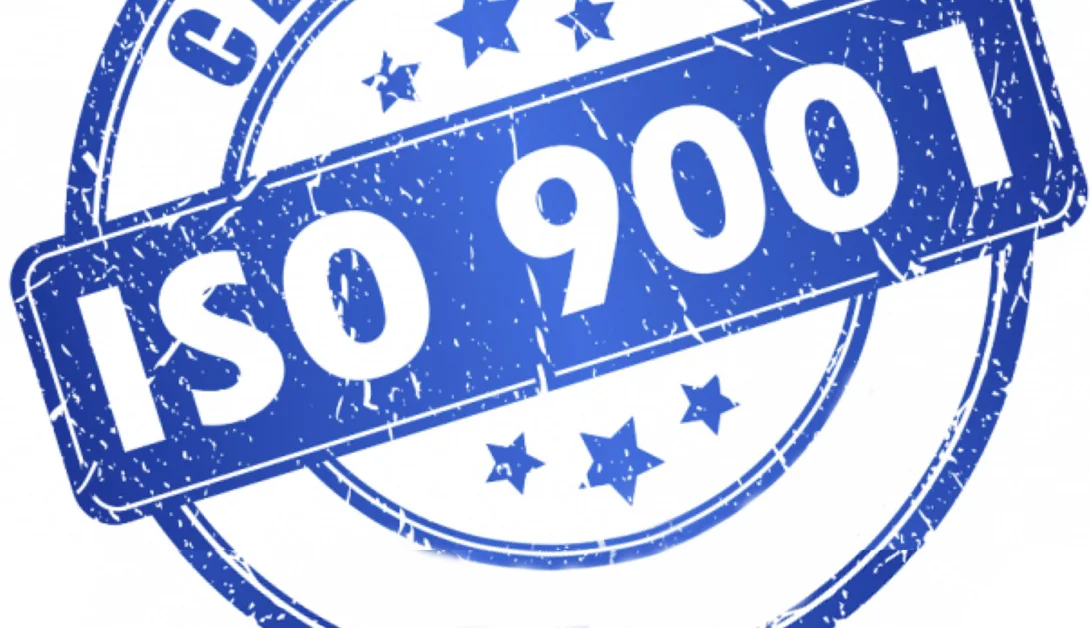
Quality control matters in cooler bag production. ISO 9001 is an international standard that ensures a factory’s management system consistently meets customer and regulatory requirements.
Dive deeper into ISO 9001
ISO 9001 sets requirements for quality planning, process control, corrective action, and continual improvement. It covers design, sourcing, production, and inspection.
🔎 Why buyers value ISO 9001
- Guarantees consistent product quality
- Supports traceability from raw materials to final bag
- Helps reduce defects and production delays
| Advantage | Benefit |
|---|---|
| Process standardization | Reduces variability |
| Documented procedures | Improves accountability and training |
| Internal audits | Drives continuous improvement |
As a result, factories with ISO 9001 deliver cooler bags that are reliable and consistent. This builds trust in quality-sensitive markets.
2. BSCI2 – Ethical Labor Standards
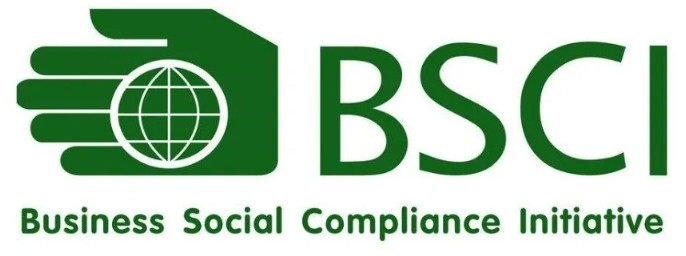
BSCI ensures factories comply with ethical labor practices such as fair wages, safe working conditions, and no child labor.
Dive deeper into BSCI
The BSCI framework includes audits on workers’ rights, work hours, health and safety, and management systems.
🔎 Key benefits of BSCI for brands
- Reinforces ethical sourcing and protects brand reputation
- Reduces legal and compliance risk in global markets
- Aligns with consumer demands for transparency
Factories certified by BSCI offer confidence that cooler bags are made under fair labor conditions. This appeals to customers who prioritize social responsibility.
3. GRS – Global Recycled Standard
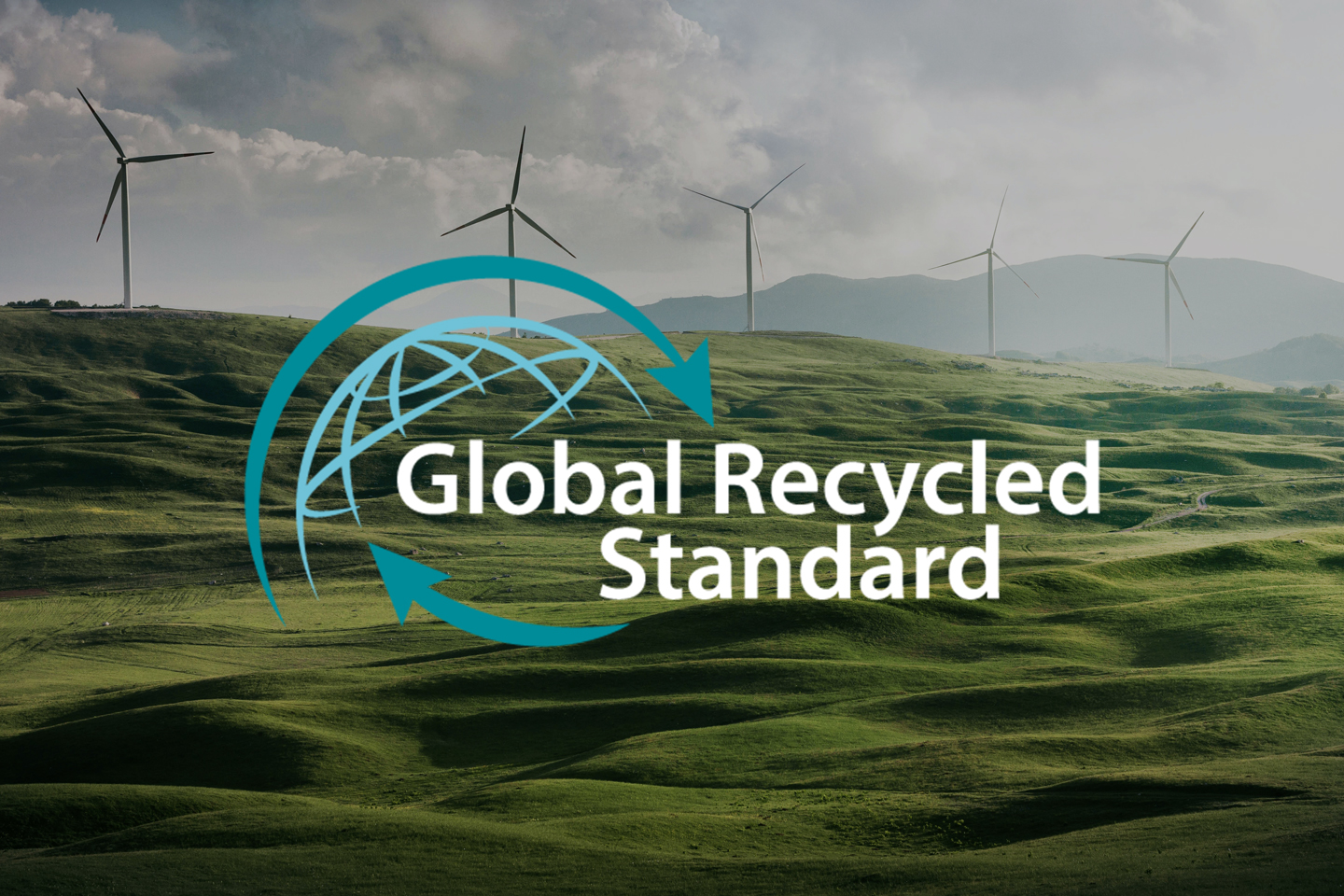
GRS tracks recycled material content (minimum 20%) and demands social and environmental compliance.
Dive deeper into GRS
GRS3 covers material sourcing, production, chemical restrictions, social practices, and labeling.
🔎 Benefits of GRS-certified factories
- Verifiable recycled material usage
- Encourages circular economy and waste reduction
- Builds credibility with eco-conscious buyers
Cooler bags with GRS certification show environmental commitment and offer clear labeling that satisfies sustainable consumer demand.
4. OEKO‑TEX® STANDARD 100
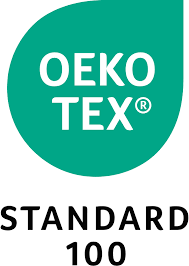
OEKO‑TEX® tests every component for harmful substances to ensure consumer safety.
Dive deeper into OEKO‑TEX® STANDARD 100
This certification tests textiles, zippers, coatings, and decorative items against extensive toxin lists.
🔎 Why it's crucial for cooler bags
- Protects users from chemicals—especially with food storage
- Signals premium safety to health-conscious consumers
- Opens doors to markets with strict chemical regulations
An OEKO‑TEX® label means buyers can trust that cooler bags are safe for everyday use.
5. FSSC 22000 – Food Safety Management
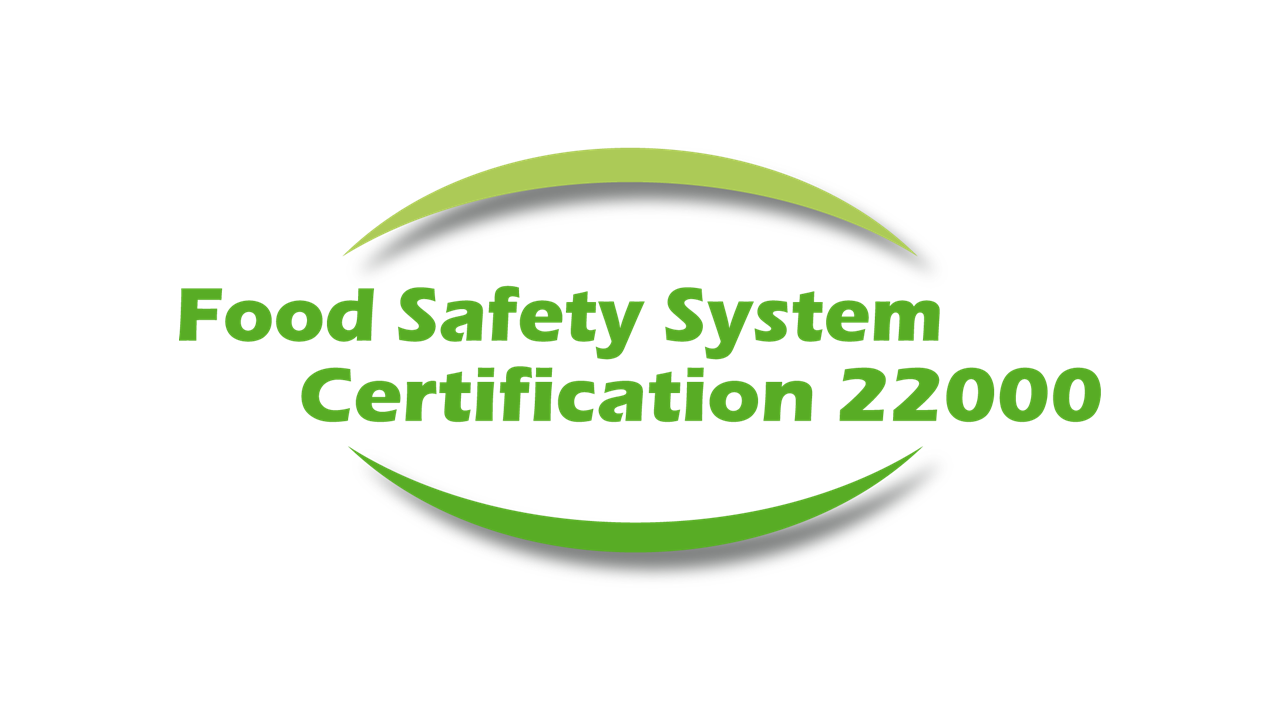
Essential for food-grade packaging bags, FSSC 22000 certifies robust food safety systems.
Dive deeper into FSSC 22000
FSSC 22000 integrates HACCP principles with ISO 22000 and PRP (Prerequisite Programs).
🔎 Key advantages in food packaging
- Guarantees compliance with high-level food safety
- Supports traceability of materials and processes
- Enhances confidence from food clients and regulators
Cooler bags with FSSC 22000 are suitable for transporting perishable items with strict safety assurance.
6. FDA Compliance Statement
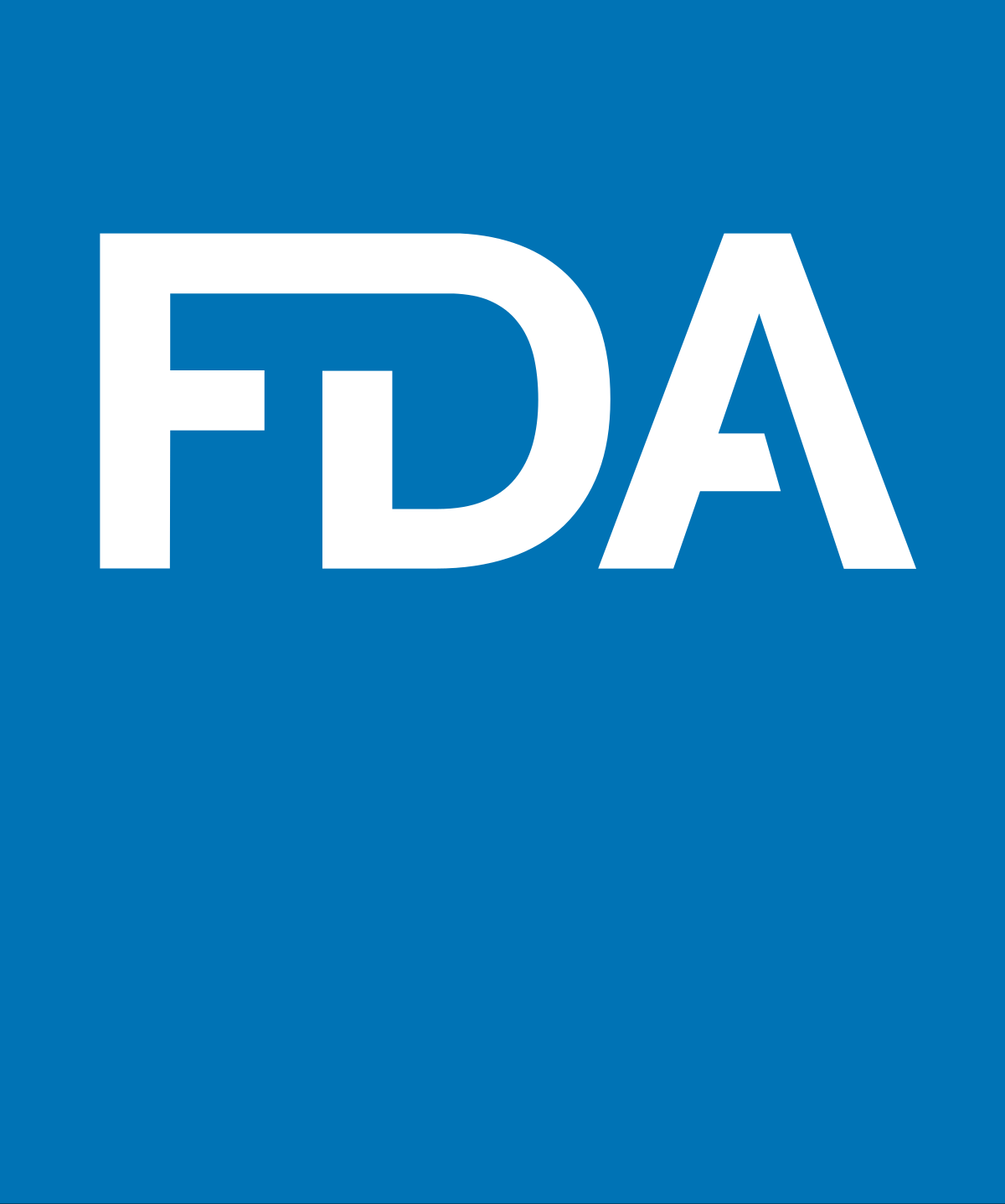
An FDA compliance statement verifies materials used in food-contact applications meet US regulations.
Dive deeper into FDA compliance
Manufacturers must test materials against FDA guidelines, including migration studies and chemical safety.
🔎 Benefits for exporters
- Ensures legality in the US food-contact market
- Reduces risk of import blocks or recalls
- Reassures brands that products are legally compliant
Cooler bags with FDA statements are ideal for customers shipping to the US food industry.
7. SA8000 – Social Accountability
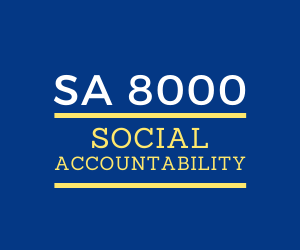
SA8000 is a rigorous social accountability standard focused on labor rights and ethics.
Dive deeper into SA8000
It covers fair wages, child labor prohibition, health and safety, freedom of association, and working hours.
🔎 Why SA8000 matters
- Ensures holistic, verifiable social responsibility
- Attracts large retailers requiring strong labor standards
- Aids in CSR reporting and consumer transparency
Cooler bag factories with SA8000 certification demonstrate deep ethical operations.
8. SEDEX – Responsible Sourcing
SEDEX supports ethical supply chains through audit share and transparency.
Dive deeper into SEDEX
It audits labor, health, safety, environment, and business ethics, helping buyers assess risk across suppliers.
🔎 Benefits for global brands
- Enables information-sharing across buyer networks
- Simplifies audits and reduces duplication
- Strengthens supplier relationships through transparency
If your cooler bag supplier uses SEDEX, you gain confidence in their ongoing responsible practices.
9. FSC – Forest Stewardship Council
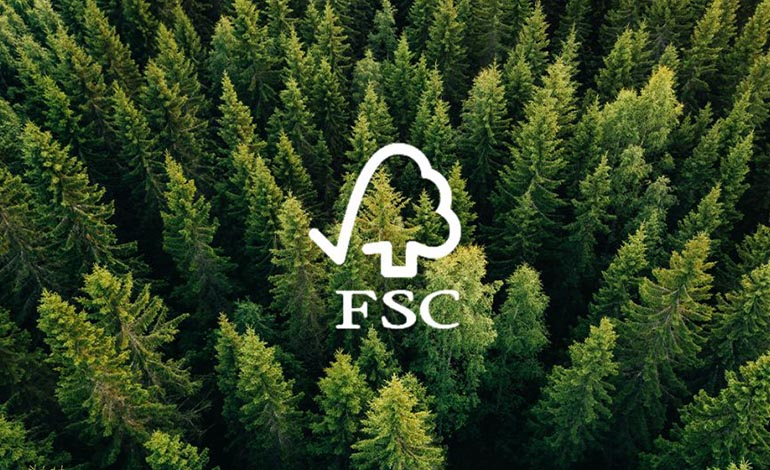
FSC certifies responsibly sourced plant-based materials, such as paper or wood pulp components.
Dive deeper into FSC
It ensures materials are harvested sustainably, legally, and with respect to worker livelihood.
🔎 Why FSC matters for certain bags
- Prevents deforestation and supports green supply chains
- Appeals to customers who value sustainable sourcing
- Meets retail standards for sustainable product claims
Cooler bags with FSC certification can use paper, board, or wood-based decoration in an eco-friendly way.
10. UL Certification – Safety & Performance
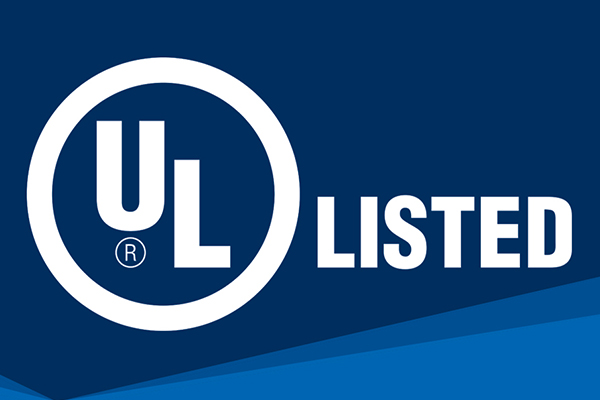
UL certification confirms product performance and safety through rigorous US-based testing.
Dive deeper into UL Certification
UL tests cooling performance, insulation integrity, durability, and electrical safety (if thermal features included).
🔎 Buyer advantages of UL approval
- Evidence of tested performance and reliability
- Supports market entry into North America and beyond
- Safeguards brands from product liability claims
A cooler bag with UL certification shows it meets high standards of function and safety.
Bonus Certifications: RoHS & Six Sigma
RoHS – Restriction of Hazardous Substances
Prevents use of certain dangerous chemicals in electronics or metal parts, ensuring compliance and safety.
Six Sigma – Process Efficiency
Structured methodology to improve quality, eliminate defects, and increase efficiency.
Factories using Six Sigma reduce waste and improve consistency. This benefits cooler bag production by lowering costs and raising quality.
Conclusion
These ten certifications—ISO 9001, BSCI, GRS, OEKO‑TEX®, FSSC 22000, FDA compliance, SA8000, SEDEX, FSC, and UL—form a complete framework for quality, safety, ethics, sustainability, and performance in cooler bag manufacturing. Additional certifications like RoHS and Six Sigma further strengthen compliance and process excellence.
When selecting a factory, check for these certifications to ensure you source high-quality, safe, and responsibly made cooler bags. Based on your market needs—such as food safety, recycled materials, or ethical labor—you can prioritize relevant certifications.
I’ve seen firsthand the difference between certified and non-certified suppliers. Certified factories consistently deliver reliable and compliant products.
Which certifications are most important for your brand? Share your thoughts below!
-
Understanding ISO 9001 can help you ensure quality management in your manufacturing processes, leading to better products and customer satisfaction. ↩
-
Exploring BSCI certification can enhance your knowledge of ethical labor standards, crucial for maintaining a responsible supply chain. ↩
-
Learning about GRS can inform your sustainable sourcing decisions, appealing to eco-conscious consumers and enhancing your brand's reputation. ↩
